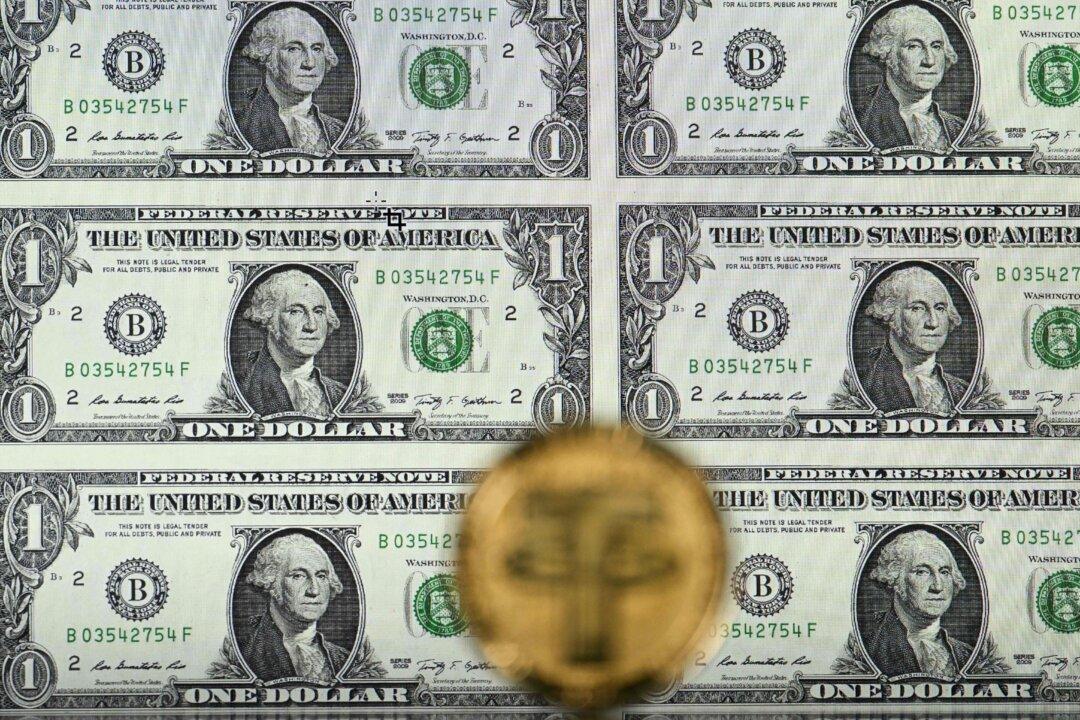Fifteen years ago, the world was introduced to the iPhone for the very first time by Apple Inc. co-founder Steve Jobs.
The iPhone Debut
Jobs made the announcement that ushered the iPhone into this world on Jan. 9, 2007, and put Apple on the path to becoming the nearly $3 trillion company that it is today.In 2007, during that Macworld keynote, Jobs said at the outset, “every once in a while a revolutionary product comes along that changes everything.”





